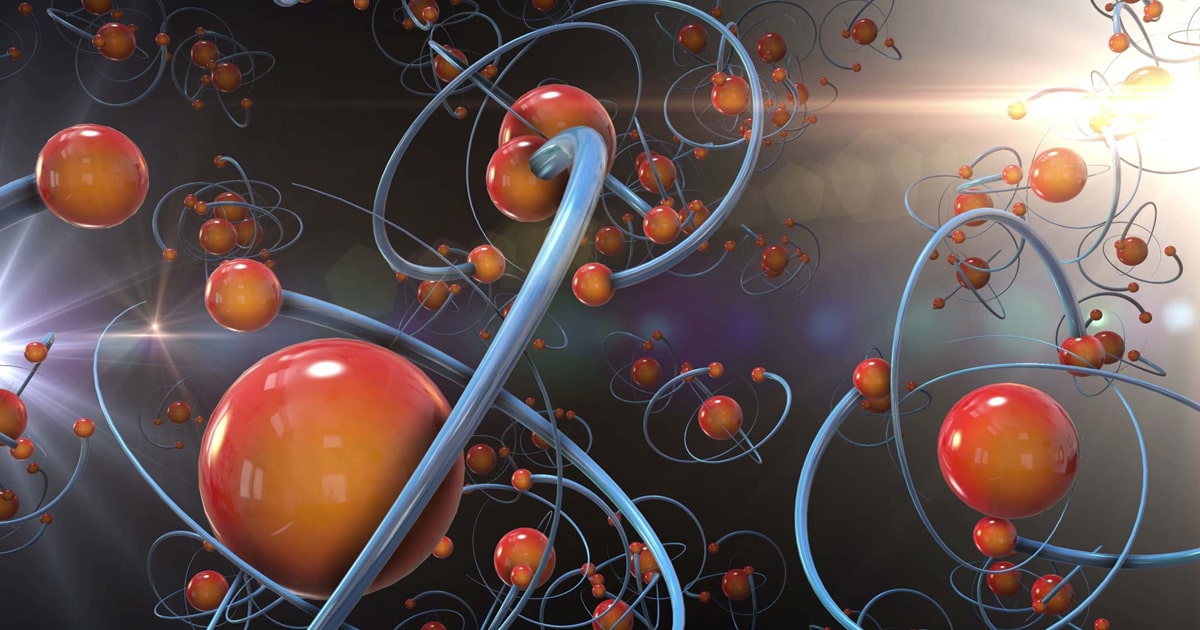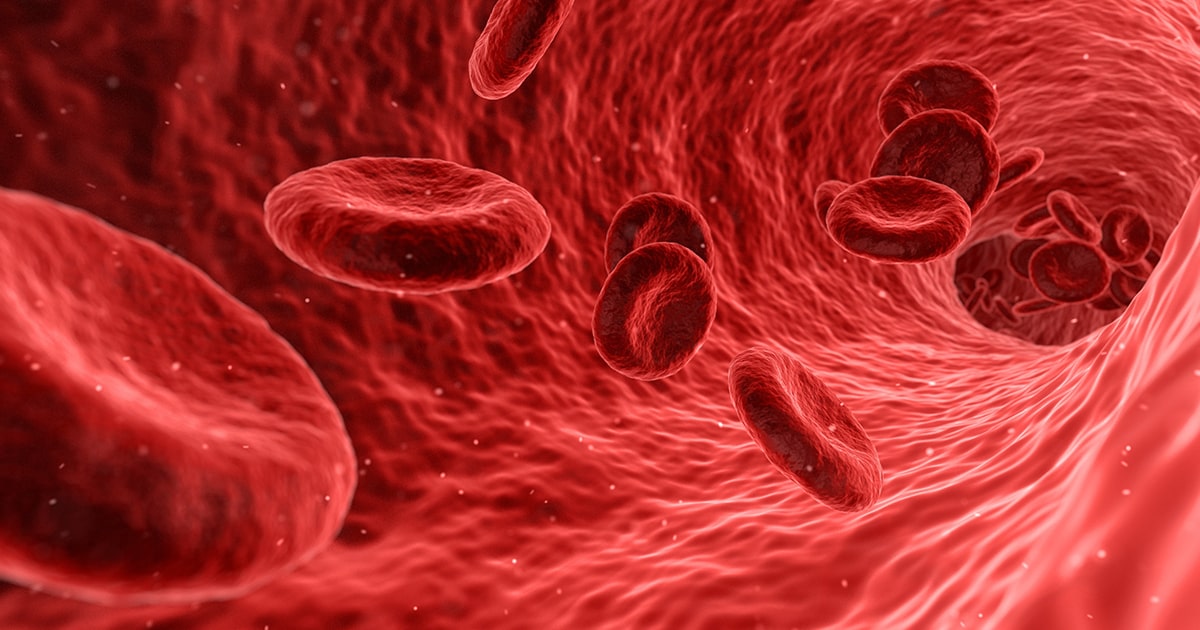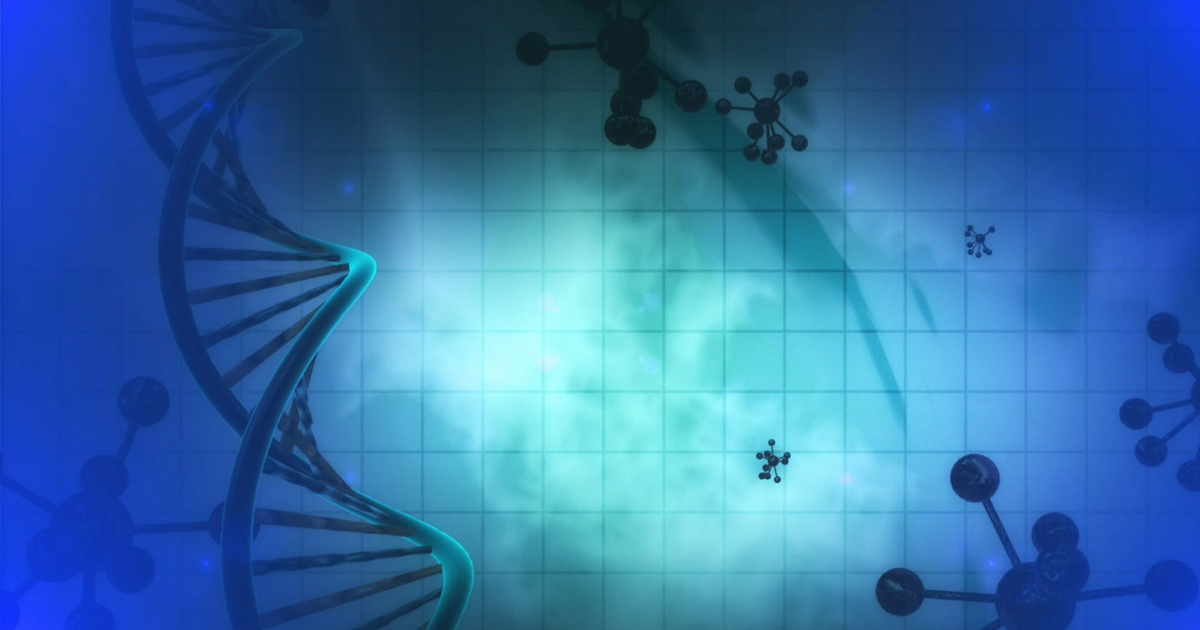The goal of orthomolecular medicine is to restore the body’s optimal environment by correcting imbalances or deficiencies based on individual biochemistry by using natural substances such as vitamins, minerals, trace elements and amino acids.
Orthomolecular medicine (OM) was the term coined by a two-time Nobel Prize winner for the targeted supplementation of micronutrients for acute or chronic illnesses such as osteoarthritis, or in certain situations in life such as pregnancy. In 1968 Dr Linus Pauling used the following definition for OM in the trade journal Science: “Orthomolecular medicine is the preservation of health and the treatment of disease by varying the concentration of substances that are normally present in the body and are required for health.”
Restoring Balance With Naturally Occurring Substances
Restoring balance and correcting underlying causes is possible by using substances familiar to the body such as minerals, vitamins, trace elements, fatty acids, and amino acids, for example. Another primary concept in orthomolecular medicine is that hereditary factors can affect more than just the physical characteristics of a person. Biochemical settings are also found to be hereditary.
Biochemical pathways in the body (the chemical chain reaction of enzymes and other factors) are of interest in studies of illnesses such as cancer, schizophrenia, atherosclerosis, and even depression. Research has shown that specific biochemical abnormalities can be isolated as contributing or causal factors of illness and that these abnormalities may respond to targeted supplementation and other natural treatments.
Importance of Diet and Nutrition
In today’s Western society, the food industry has convinced many people to eat foods that are modified from their raw and original state into nutritionally dead, highly refined, processed food. Therefore, even when one eats these processed foods until they feel full, they are still undernourished. To persuade us into eating these foods; processed food manufacturers add artificial colors, artificial sweeteners, and chemically alter nutritionally dead products, which would taste horrible without all of the artificial modifications. Despite scoring high points for taste satisfaction, dead, overprocessed foods contribute nothing to mental health, and in fact, have been shown to have detrimental effects.
Due to todays food being so processed and the soil being so depleted of nutrients, taking supplements to make sure your body is getting the essential nutrients is more important now than ever before. And if the patient’s digestive system isn’t absorbing nutrients properly even through supplementation that is when intravenous micronutrient therapy plays an important role because it bypasses the gut and you get an immediate absorption of micronutrients.
“As long as the processing of food continues to take out essential nutrients, mental health will continue to decline.” ~Abram Hoffer





